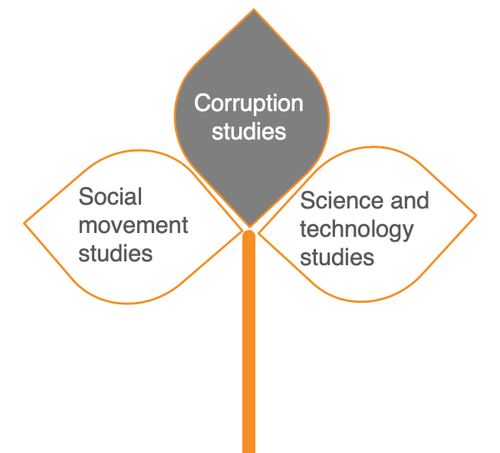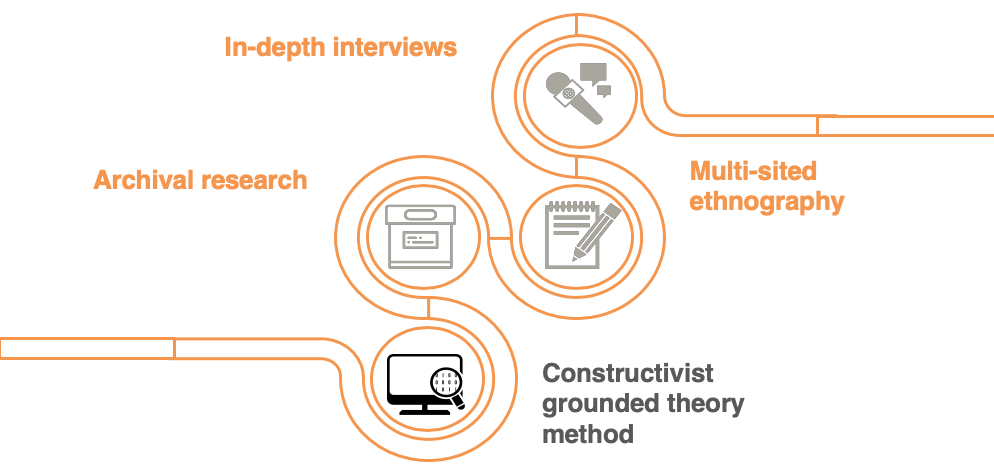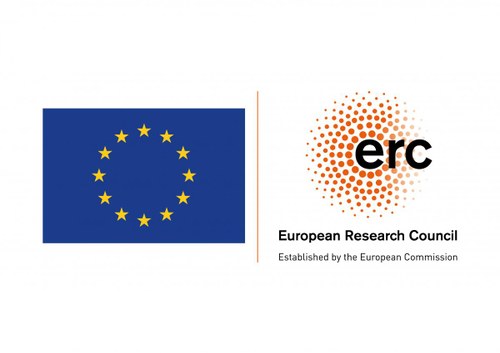PROJECT
Discover the main pillars of BIT-ACT: its objectives, research design and country cases, methodology
RESEARCH OBJECTIVES

Corruption is a global challenge that affects the lives of millions of citizens. In the past decade, digital media have become indispensable tools in the fight to reduce corruption, especially when employed from the bottom-up by civil society organizations. While pioneering initiatives in this direction have flourished, to date we only have unsystematic and descriptive evidence regarding how they work and the associated consequences. With the objective of significantly advancing knowledge on this topic, BIT-ACT will open a new line of inquiry by investigating what we name anti-corruption technologies (ACTs), that includes a varied ensemble of technologies like social media platforms, crowdsourcing platforms, algorithms, artificial intelligence applications just to name a few of them. The overall objectives of the research project are:
- assess how civil society organizations engage with ACTs to counter corruption
- appraise how ACTs enable intersections between bottom-up and top-down efforts against corruption
- evaluate how ACTs blend with the transnational dimension in the struggle against corruption
The research project will employ an integrated theoretical framework that combines corruption studies, science and technology studies and social movement studies, also drawing on the long history of collaboration between the last two fields of study.
RESEARCH DESIGN
BIT-ACT is based on a cross-national comparative research design that contrasts ACTs projects in nine countries and at the transnational level. The selection of the countries has been made according to the following three criteria:
- In terms of the level of control of corruption as measured through the 2016 Control of Corruption Index (CoC) of the Worldwide Governance Indicators project
- Based on the development of ICTs as measured through the 2016 Network Readiness Index (NRI) of the World Economic Forum
- In relation to the presence (or not) of massive grassroots opposition to corruption (in the past decade)
METHODOLOGY

BIT-ACT will employ the constructivist grounded theory method to investigate how civil society actors employ digital media as anti-corruption technologies across the world and at the transnational level. Based on a rigorous and yet flexible analytical process, grounded theory is suitable to produce knowledge on the meanings, practices and consequences of specific phenomena, focusing on the interactions between people, but also between people and technologies. A multi-technique approach will allow for the gathering of qualitative data to be coded recursively and comparatively following the grounded theory method.
FUNDER

BIT-ACT is funded by the European Research Council (ERC) under the European Union’s Horizon 2020 research and innovation program Grant agreement No 802362
Principal Investigator Alice Mattoni; Host Institution University of Bologna, Italy; Duration 5 years; Start date July 1st 2019